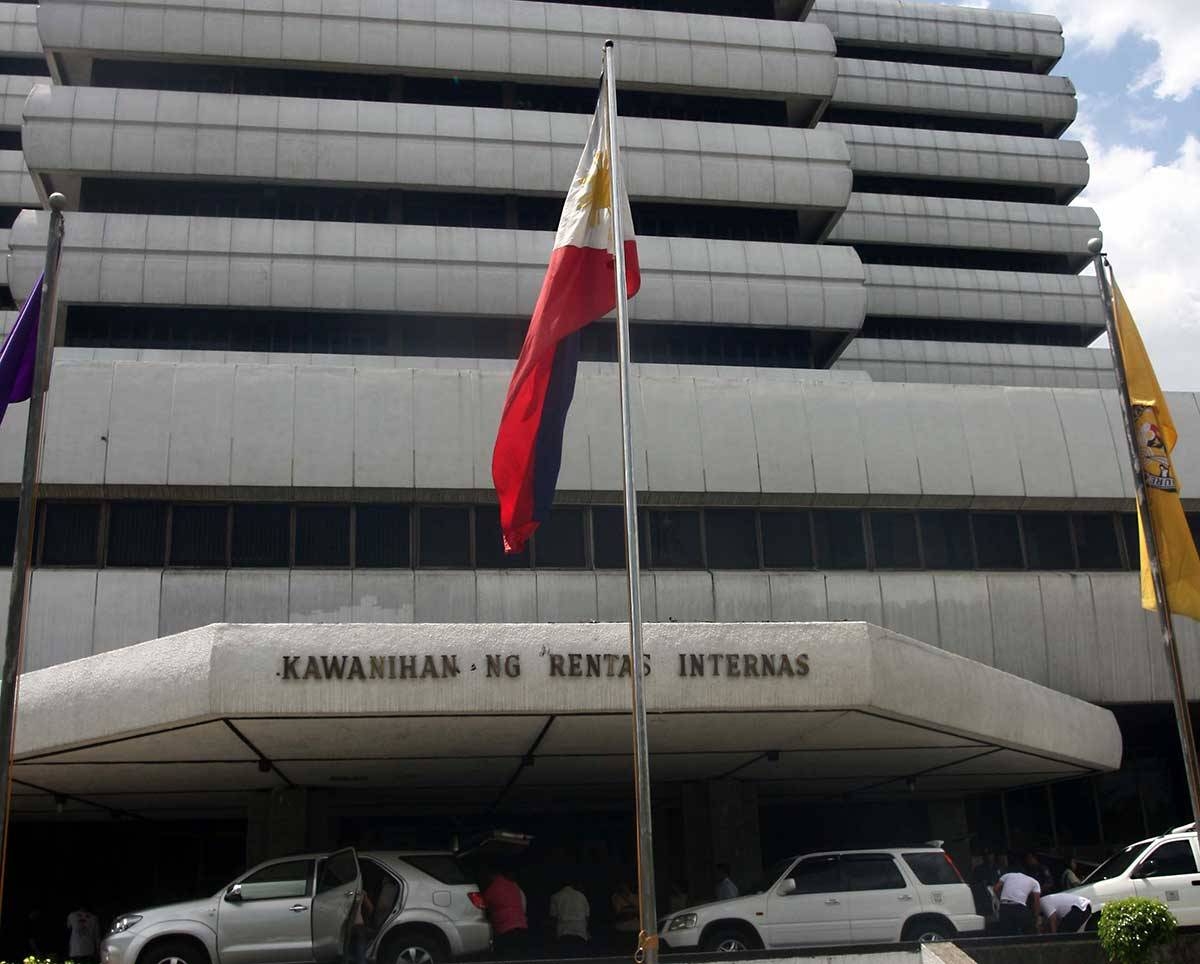3 industrial companies sued for tax evasion
CRIMINAL cases were filed before the Court of Tax Appeals against three industrial corporations accused of engaging in financial fraud to evade tax payments, the Department of Justice (DOJ) said on Monday. The legal action stemmed from a complaint filed under the Bureau of Internal Revenue's (BIR) Run After Fake Transactions (RAFT) program, which is aimed at curbing tax fraud and ensuring businesses comply with tax obligations. Charged were Total Metal Corp., Equator Energy Corp., and Limhuaco Metal Industrial Inc., along with their corporate officers. Based on the BIR's findings, the companies used fictitious receipts from non-existent companies to manipulate financial records and evade tax liabilities. The government filed a total of 20 cases, with 14 against Total Metal Corp., four against Equator Energy Corp., and two against Limhuaco Metal Industrial Inc. The companies were charged with violations of Sections 254 and 255 in relation to Sections 253(d) and 256 of the National Internal Revenue Code (NIRC) of 1997, as amended. These provisions penalize the willful attempt to evade or defeat tax obligations, as well as the failure to provide correct and accurate information in tax returns. The use of fraudulent receipts, a scheme that has become increasingly prevalent, allows businesses to inflate expenses, reduce taxable income, and deprive the government of revenue essential for funding public services and infrastructure projects. Justice Secretary Jesus Crispin Remulla, who led the filing of the cases, said tax evasion undermines the nation's ability to provide critical services. "The proper payment of taxes is the responsibility of every Filipino. These revenues ensure that government services remain continuous, available, and efficient. Defrauding the government of its due taxes is tantamount to stealing from our citizens — depriving them of essential services they rightfully deserve and ultimately need," Remulla said. The DOJ and BIR have warned that more legal action will follow against entities found guilty of similar fraudulent practices. Authorities expect warrants of arrest to be issued soon against the corporations and their officers. The government's broader crackdown on tax fraud is aligned with its efforts to promote fiscal discipline, fair business practices, and stronger revenue generation. The RAFT program has been instrumental in identifying large-scale tax fraud cases, and officials are determined to expand enforcement efforts. Over the past months, audits and investigations have been stepped up, resulting in legal actions against corporations and individuals suspected of manipulating their tax filings.

CRIMINAL cases were filed before the Court of Tax Appeals against three industrial corporations accused of engaging in financial fraud to evade tax payments, the Department of Justice (DOJ) said on Monday.
The legal action stemmed from a complaint filed under the Bureau of Internal Revenue's (BIR) Run After Fake Transactions (RAFT) program, which is aimed at curbing tax fraud and ensuring businesses comply with tax obligations.
Charged were Total Metal Corp., Equator Energy Corp., and Limhuaco Metal Industrial Inc., along with their corporate officers.
Based on the BIR's findings, the companies used fictitious receipts from non-existent companies to manipulate financial records and evade tax liabilities.
The government filed a total of 20 cases, with 14 against Total Metal Corp., four against Equator Energy Corp., and two against Limhuaco Metal Industrial Inc.
The companies were charged with violations of Sections 254 and 255 in relation to Sections 253(d) and 256 of the National Internal Revenue Code (NIRC) of 1997, as amended. These provisions penalize the willful attempt to evade or defeat tax obligations, as well as the failure to provide correct and accurate information in tax returns.
The use of fraudulent receipts, a scheme that has become increasingly prevalent, allows businesses to inflate expenses, reduce taxable income, and deprive the government of revenue essential for funding public services and infrastructure projects.
Justice Secretary Jesus Crispin Remulla, who led the filing of the cases, said tax evasion undermines the nation's ability to provide critical services.
"The proper payment of taxes is the responsibility of every Filipino. These revenues ensure that government services remain continuous, available, and efficient. Defrauding the government of its due taxes is tantamount to stealing from our citizens — depriving them of essential services they rightfully deserve and ultimately need," Remulla said.
The DOJ and BIR have warned that more legal action will follow against entities found guilty of similar fraudulent practices.
Authorities expect warrants of arrest to be issued soon against the corporations and their officers.
The government's broader crackdown on tax fraud is aligned with its efforts to promote fiscal discipline, fair business practices, and stronger revenue generation. The RAFT program has been instrumental in identifying large-scale tax fraud cases, and officials are determined to expand enforcement efforts.
Over the past months, audits and investigations have been stepped up, resulting in legal actions against corporations and individuals suspected of manipulating their tax filings.


















